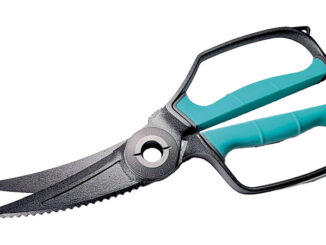
In theory, Chris Macaluso’s job should be easier than a bridge monitor’s.
As coastal outreach coordinator for the Louisiana Wildlife Federation, Macaluso is trying to convince anglers and hunters in Louisiana’s coastal region that marsh-restoration work is good for the future of their hobbies.
You would think that’s like a preacher turning around and trying to get the choir to realize that the Lord loves them.
But actually, hunters and anglers are among the primary impediments to coastal restoration. We outdoorsmen are the first to tell you how sickening it is to watch the areas we love vanish like a late-spring fog, but when a coastal-restoration project interferes with a weekend fishing trip, we look for a U.S. Army Corps of Engineers employee, parish councilman, local dog catcher — anybody — to strangle.
With the same mouth, we curse the status quo and moan about the attempts to change it.
“With as hard as the state has worked to educate the public on the need for coastal-restoration, the one constituency that has been overlooked are the hunters and fishermen,” Macaluso said. “The assumption has always been that hunters and fishermen would automatically be behind any coastal-restoration initiatives, but that hasn’t really been the case.
“There has not been much effort to reach out to that group.”
LWF is partnering with Ducks Unlimited and the National Wildlife Federation to change that. They’ve created the Vanishing Paradise initiative, with the goal being to get more hunters, anglers and outdoorsmen involved and engaged in the coastal-restoration effort.
They also seek to educate outdoorsmen about the fact that while coastal land-loss is devastating, coastal restoration is not painless.
“Some people are concerned because species get moved around (as a result of coastal restoration), but if you take the time to explain to them the need for it and what’s being accomplished, they’ll usually get on board,” Macaluso said.
As examples, Macaluso pointed to the Davis Pond and Caernarvon freshwater diversions. Both have altered the landscape in their respective areas, but the ecological benefits have been astronomical.
“Lake Cataouatche is — what — 50 miles from the Gulf? You should not have salt water there,” Macaluso said. “But guys have gotten used to catching redfish even as far inland as Lac Des Allemands in dry years.”
Macaluso said the Davis Pond diversion has transformed the area from marginal saltwater habitat and poor waterfowl habitat into a world-class bass fishery and resurgent duck hotspot in less than a decade. Admittedly, anglers have to run farther for specks and reds, but those fish aren’t supposed to be so far inland.
For more information, Macaluso points outdoorsmen to lawildlifefed.org/coastal and vanishingparadise.org.


